This post is a little different: a small interlude in my series on how to write when you don’t want to write. I want to talk about self-compassion. Self-compassion it is the single most useful thing to have helped me through writing and creativity struggles. More than that though, self-compassion has made the biggest difference when I’ve faced the break up of a marriage, mental illness, an ADHD diagnosis and loss of faith after religious trauma. Seriously – it’s that good. Of course, it doesn’t mean that any of those things were less painful or difficult, but learning to practice self-compassion has helped me stop inflicting extra suffering by beating myself up.
Last time I said that I would be introducing you to my imaginary lovely girlfriend – and I will, because she is my self-compassion superhero – but first, I want to talk about why self-compassion has been so life-changing for me. This is a personal one. Skip it if that stuff makes you queasy. Also, heads-up that this post refers to high control religion, spiritual abuse and emotional coercion. If it’s best for you to pass, please do, and take good care of yourself.
What is self-compassion?
Dr Kristin Neff ‘s definition":
“Self-compassion is simply the process of turning compassion inward. We are kind and understanding rather than harshly self-critical when we fail, make mistakes or feel inadequate. We give ourselves support and encouragement rather than being cold and judgmental when challenges and difficulty arise in our lives.”
Most of us struggle with self-compassion; we have been led to believe that self-criticism is the thing that will make us improve – that giving ourselves a stern talking to is the only way we will change and grow. Deep down we think that if we are kind to ourselves and – god forbid – accept ourselves exactly as we are, we will be useless slugs who do nothing, achieve nothing and amount to nothing. We believe that our default setting is to be slightly shit. We see ourselves as rebellious school children who need a disciplinarian teacher. Our reports in the school of life always read ‘could do better’. Self-compassion seems like a cop out at best and a path to destruction at worst.
We’ve had this our whole lives – ‘try a bit harder, put in more effort, study a bit more, you just need more self-discipline, beat your personal best’ – because your best can always be better. It’s normal to us and so the idea of radical self-acceptance and unconditional positive regard seems wild. Foolish. Destructive.
And believe me, I know all about that.
Grace and disgrace
I grew up going to church with my lovely family and when I was a teenager I chose to pursue a form of Christianity which was conservative and devout. We believed that every word of the bible was what God said and so we had to obey it (– at least, we had to obey the interpretation of the bible that had been approved by our group). It was a worldview that felt internally consistent and which made sense to me, it was comforting because it assured me that there were answers for everything. The community I was part of was loving, generous and beautiful. My marriage was built on this foundation, as was the image of family life I embraced. While the people I loved were genuinely some of the kindest people I have known, I can now see that my faith was based on a misogynistic and authoritarian power-system that held a lot of control by being able to define people as in or out.
And I was in. ALL in. I was good at being a Christian. I was very good at being this type of Christian. This was the centre of what we believed:
“The gospel is this: We are more sinful and flawed in ourselves than we ever dared believe, yet at the very same time we are more loved and accepted in Jesus Christ than we ever dared hope.”
Timothy Keller
The message was grace – you are loved, you are precious and treasured. But this is not because you are loveable, not because you are worth anything. You are loved because Jesus died for you and now God can see past all your brokenness and, through Jesus, he can view you as his perfect child. You see the tension? Yes, you are loved. But wow, you are awful.
Bible verses still haunt me:
‘we were by nature objects of wrath’ Ephesians 2.3
‘The heart is deceitful above all things and beyond cure.’ Jeremiah 17.9
‘There is no one righteous, not even one;
there is no one who understands;
there is no one who seeks God. All have turned away,
they have together become worthless;
there is no one who does good,
not even one.’ Romans 3.10-12
Hearing, believing – and, yes, teaching others – this message over and over again had a huge impact on my sense of self. Who am I? Why does my life matter? What is my purpose? Well, I existed only to obey and honour God. The Christian fails this God multiple times a day and must trust that God will forgive. The Christian must repent – change, don’t do it again, turn away from their bad behaviour. I would search my heart every day to see the things I had done or thought or said or not done, thought and said. I could always find ways I had fallen short.
I told myself I was so lucky to be saved. That even though I was despicable, wasn’t it amazing that God loved me anyway?
Looking back, I see an abusive relationship. A God who tells you you’re his… and his alone. That you matter… but only because he says you do. A lover who burns… with anger at you and whose rage must be assuaged by punishing another. Of course, you should leave, but where else will you go? Because only he has the keys to heaven. This construction of God trickles down into the community that believes these things. A controlling God who loves you-loves you not, can only lead to controlling leaders who love you when you obey and spit anger when you question or challenge or turn away. I don’t believe that people go into the church because they want to do harm, but when this is your God and is the heart of your worldview, it inevitably leads to systemic control and abuse of power.
Lost
Leaving the church was the hardest and most agonising thing I have ever been through. I lost my god, I lost my community, I lost eternity. I lost myself. I have never been as heartbroken. I still weep. Sometimes, I still miss it.
The things that helped the most through this shattering time were excellent therapy and discovering self-compassion, particularly the work of Dr Kristin Neff who has loads of resources on her website and has written numerous books. Dipping my toe into self-compassion felt wildly rebellious. Beginning to dare to say that I was OK as I am, was heretical. Accepting myself was the most anti evangelical thing I have ever done. I’ve been described as ‘walking in darkness’ since I left the church and I think they imagined I was living a wild and debauched life. Really, the most rebellious act I’ve taken is to find myself delightful. And, that feels like walking into the light for the first time.
Wholehearted self-compassion
I still don’t find self-compassion easy. I want to do it in half-measures, to say ‘OK Alice, I accept you, but now you have to work hard and do better and live in penance.’ I want to do just a little self-compassion. Enough to tick a box. I still have this inner belief that I need to be more than I am. I still sigh and roll my eyes at myself and call myself names. Not ‘sinner’ or ‘object of wrath’ anymore, but ‘lazy’ and ‘passive’. Words that still say that who I am is inherently bad and that in order to be acceptable I need to be someone else.
For example, in the last week my brain has been fighting itself. My desire and intentions have been like this:
And my ability to carry through has been like this:
ADHD impacts my motivation, my executive function and my ability to do things – even the things I really, really want to do. My ADHD symptoms increase when I’m tired or when my routines go out of the window (hello school-refusing 16-year-old!). I’ve been cross with myself and it’s made me feel really low. BUT, with the help of friends and my imaginary lovely girlfriend, I’ve been able to notice the mean self-talk and see that I’m struggling for very understandable reasons. I’ve been able to tell myself that if I never achieve more than I’m doing right now I am still worthy of love and kindness.
All this to say that self-compassion is a constant gentle practice but it’s the only way I know to reduce the suffering we experience in lives that are already painful. Self-compassion dares to ask the questions:
What if I’m already enough?
What if I don’t need to strive?
What if being fully me is the best and most worthwhile thing I can ever offer the world?
What if I don’t need to wait to be a better version of myself?
What if being human is what it’s all about?
These are the very questions I bring to my creative work and which I think will help us when we don’t want to write, (or draw, or sing, or sculpt or dance or paint or sew). More next time – I can’t wait for you to meet my imaginary lovely girlfriend.
If you need support, Replenished Life is an independent charity which supports those who have experienced abuse and trauma within faith.





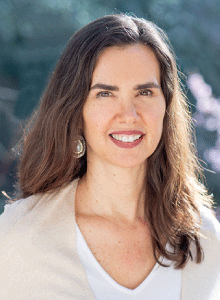
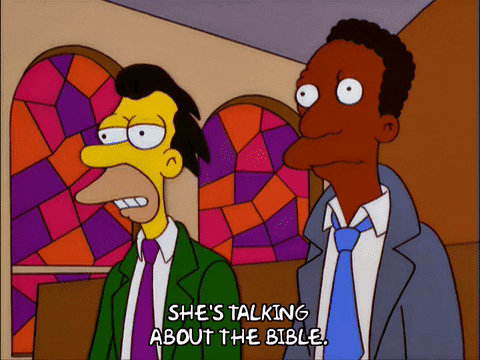
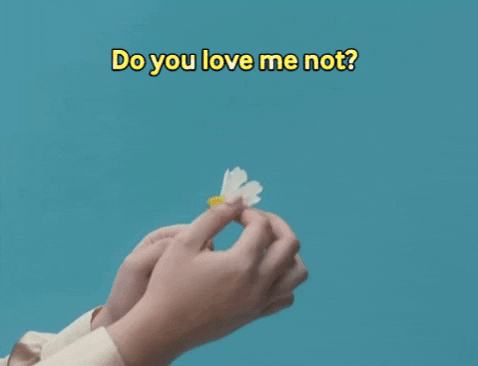
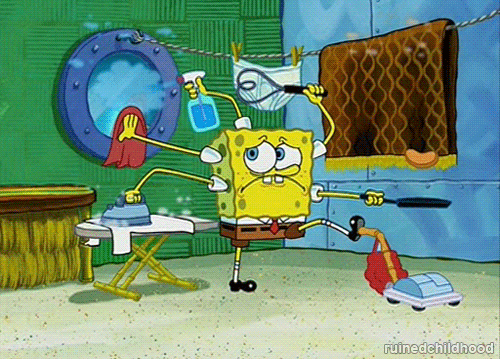
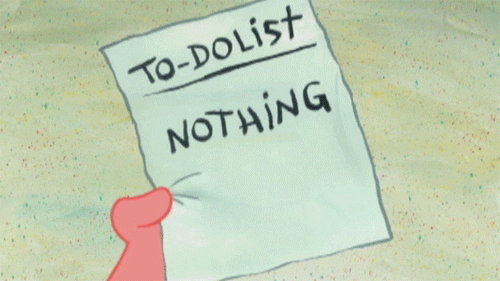
Beautifully written, Alice, and spot on. I myself have left the evangelical church, but have not left God. Now, my prayer is, "God help me believe the truth about myself, no matter how beautiful it is!"
Wow Alice. You write with so much lightness and warmth it's devastating in its clarity but so meaningful and wise. I love this from you x